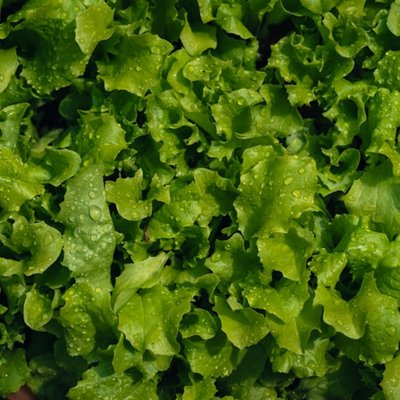- Diccionario
trough(
traf
)Un sustantivo es una palabra que se refiere a una persona, un animal, un lugar, un sentimiento o una idea (p. ej. hombre, perro, casa).
a. el abrevadero (M) (para beber)
(m) significa que un sustantivo es de género masculino (p. ej. el hombre, el sol).
You will need to get two troughs for your horses.Tendrás que conseguir dos abrevaderos para tus caballos.
b. el comedero (M) (para comer)
(m) significa que un sustantivo es de género masculino (p. ej. el hombre, el sol).
You can just put the food in the trough, and the horses will go to it when they are hungry.Simplemente puedes poner la comida en el comedero y los caballos irán allí cuando tengan hambre.
c. el bebedero (M) (para beber)
(m) significa que un sustantivo es de género masculino (p. ej. el hombre, el sol).
You can carry the horse to the trough, but unless it's thirsty, it will not drink.Puedes llevar el caballo al bebedero, pero, a menos que tenga sed, no va a beber.
d. la artesa (F) (para amasar masa)
(f) significa que un sustantivo es de género femenino (p. ej. la mujer, la luna).
We left the dough in the trough so that it would ferment before we baked it.Dejamos la masa en la artesa para que fermentar antes de hornearla.
2. (geología)
a. la depresión (F)
(f) significa que un sustantivo es de género femenino (p. ej. la mujer, la luna).
The earthquake triggered the formation of a new trough on the ocean floor.El terremoto provocó la formación de una nueva depresión en el fondo del océano.
3. (de agua)
a. el seno (M)
(m) significa que un sustantivo es de género masculino (p. ej. el hombre, el sol).
You can tell by the distance between the crests and troughs that the tide will not be very high today.Puedes determinar por la distancia entre las crestas y los senos que la marea no será muy alta hoy.
4. (clima)
a. la zona de bajas presiones (F)
(f) significa que un sustantivo es de género femenino (p. ej. la mujer, la luna).
The regions between two centers of high pressure appear to be troughs.Las regiones entre dos centros de alta presión parecen zonas de bajas presiones.
b. la depresión (F)
(f) significa que un sustantivo es de género femenino (p. ej. la mujer, la luna).
Troughs, unlike ridges, will typically be characterized by cold stormy weather.Las depresiones, a diferencia de las zonas de alta presiones, se caracterizan normalmente por tiempo frío y tormentoso.
Ejemplos
Palabra al azar
¡Tirar los dados y aprender una palabra nueva ahora!
¿Quieres aprender inglés?
¡Aprende inglés gratis!
Palabra del día
inglés.com es el diccionario, traductor y sitio web de aprendizaje inglés-español más popular del mundo.
El Dictionary Media Group de IXL Learning llega a más de 500,000,000 estudiantes cada año.
Copyright © 2026 Dictionary Media Group, Inc., una división de IXL Learning • Todos los derechos reservados.















